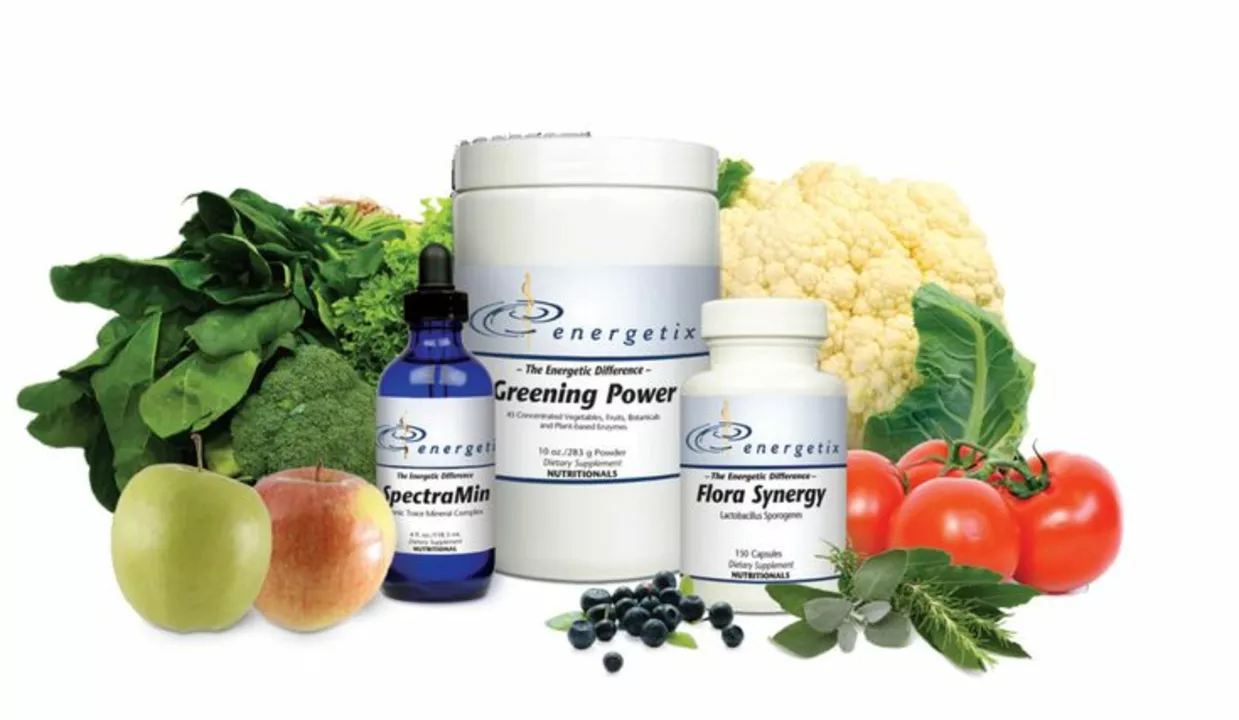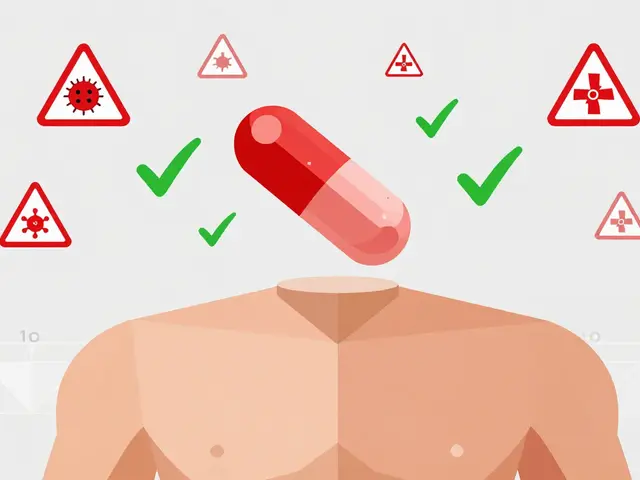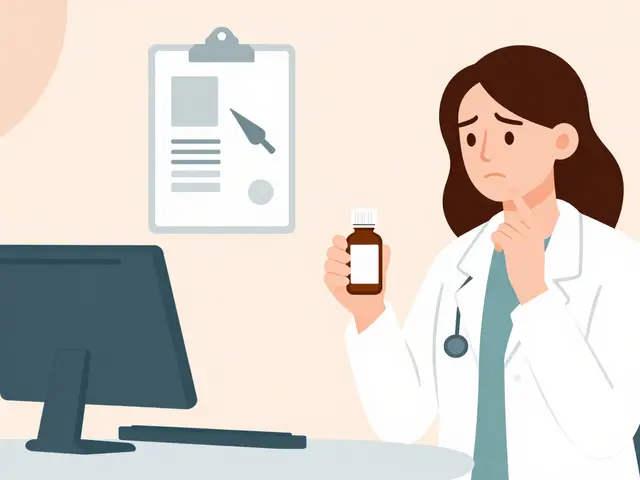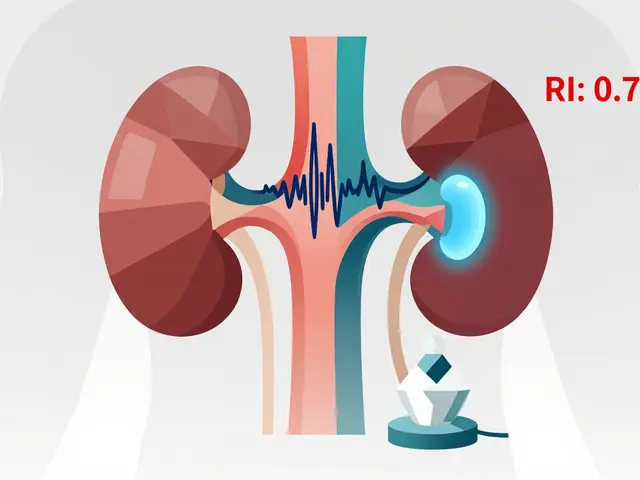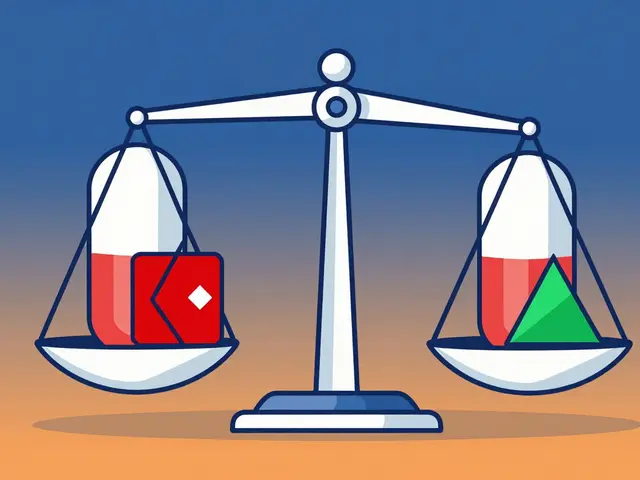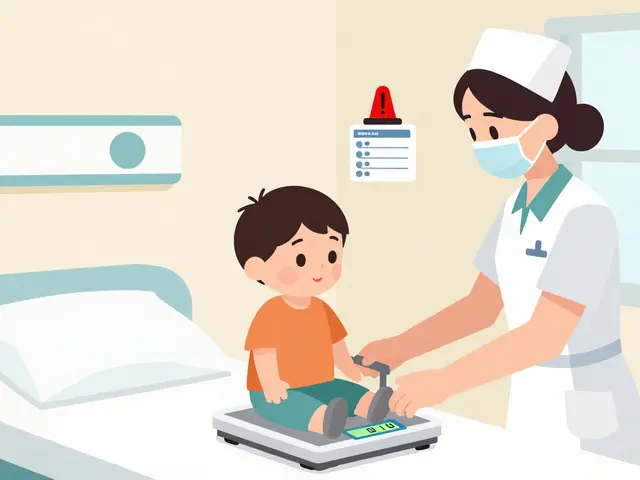Natural energy boost you can use today
Feeling low on energy is annoying and eats into your day. You don't need fancy products or extreme diets to feel better. Small, targeted changes to sleep, food, movement, and a few safe supplements can add steady, usable energy without the crash.
Daily routine that boosts energy
Start with sleep: aim for a consistent wake-up time and 7–9 hours most nights. Even one hour more can change how you feel. Morning light helps set your circadian clock — get 10–20 minutes outside or sit by a bright window right after waking.
Hydration matters. Drink 300–500 ml of water when you wake; mild dehydration makes you feel tired and foggy. Avoid drinking lots of plain sugar early in the day — it gives a fast spike and a worse crash. Choose a balanced breakfast: protein (eggs, Greek yogurt, or a protein shake), a small portion of whole grains, and fiber-rich fruit or veggies to keep blood sugar steady.
Move in short bursts. A 10-minute brisk walk, a quick set of bodyweight squats, or 5 minutes of vigorous stair climbing raises blood flow and alertness. If your job is mostly sitting, set a timer to stand and move for 2–3 minutes every hour.
Use caffeine smartly. Limit caffeine to the first half of your day and keep daily intake under about 200–300 mg to avoid sleep disruption and jitters. Combine caffeine with a light snack that has protein to reduce the crash.
Smart supplements and when to try them
Try these only if your diet and sleep are on track, or after talking with a clinician.
Vitamin B12: low B12 causes fatigue, especially in older adults or people on vegan diets. If you’re deficient, oral B12 (or monthly injections if recommended by a doctor) helps quickly.
Iron: unexplained fatigue can come from low iron or low ferritin. Don’t take iron unless a blood test shows you need it — too much iron causes problems. Take iron with vitamin C and away from calcium for better absorption.
Vitamin D: many people are low, and correcting this can improve energy and mood. A blood test guides dosing; short courses of 1,000–4,000 IU daily are common under guidance.
CoQ10 and magnesium: useful if you have specific needs (statin use can lower CoQ10; magnesium helps sleep and muscle relaxation). Typical doses: CoQ10 100 mg daily; magnesium 200–400 mg in the evening.
Adaptogens like rhodiola can help mild fatigue. Start low (100 mg once daily) and watch for tolerance. Avoid adaptogens if you take stimulants or certain medications—check with your provider.
Simple tests (CBC, ferritin, B12, TSH, vitamin D) often explain persistent tiredness. If lifestyle changes and basic supplements don’t help, talk to a clinician — persistent fatigue can signal an underlying issue. Make small changes, track how you feel, and build habits that keep your energy steady all day.
I recently discovered Yucca supplements as a natural way to boost my energy levels, and I have to say, I'm impressed. These supplements are derived from the Yucca plant, which has been used by Native Americans for centuries to improve overall health and vitality. Since I started taking Yucca, I've noticed a significant increase in my energy levels and a decrease in fatigue. Plus, it's a natural and sustainable option compared to synthetic energy boosters. I highly recommend giving Yucca supplements a try if you're looking for a natural energy boost!
Continue reading...

